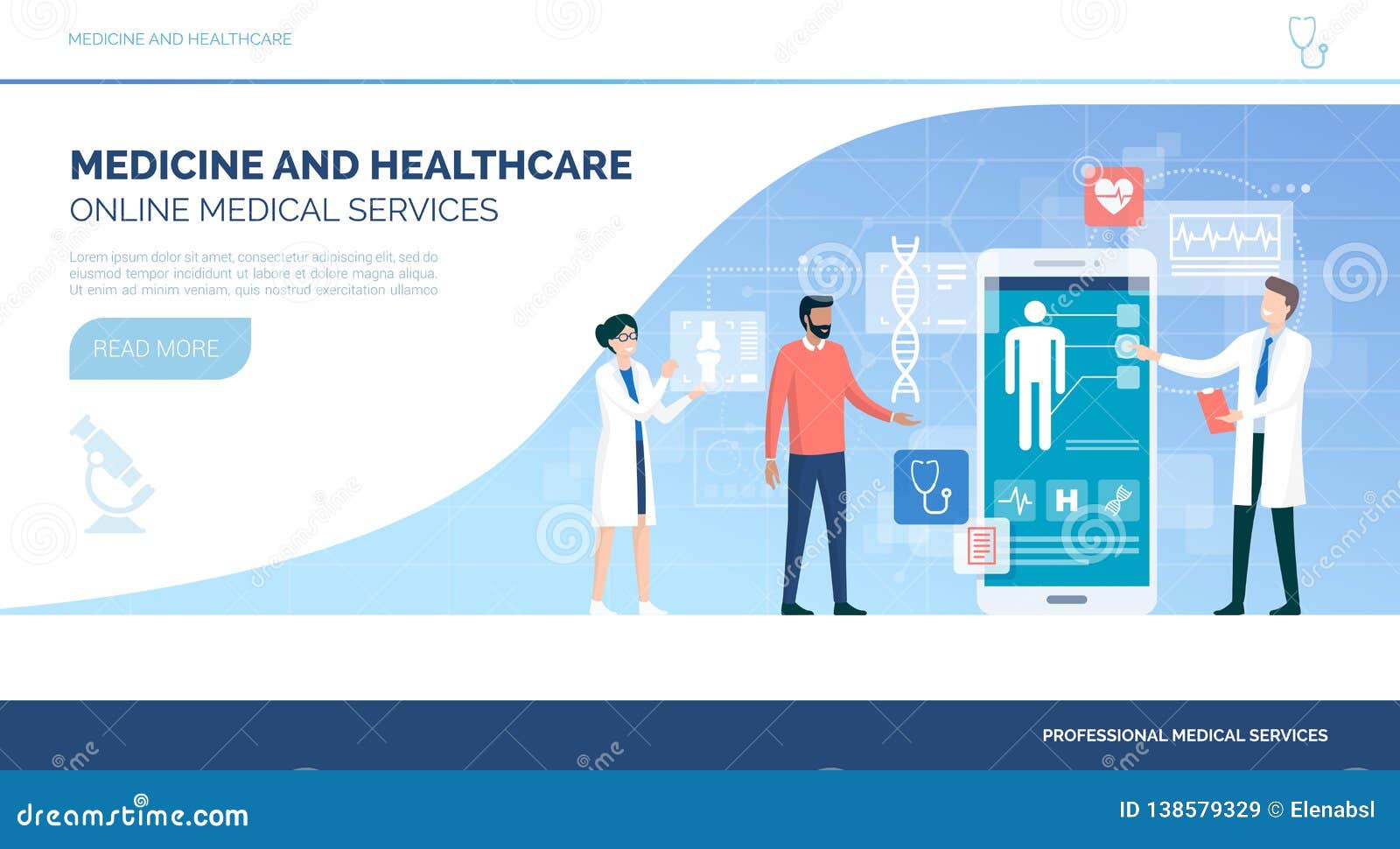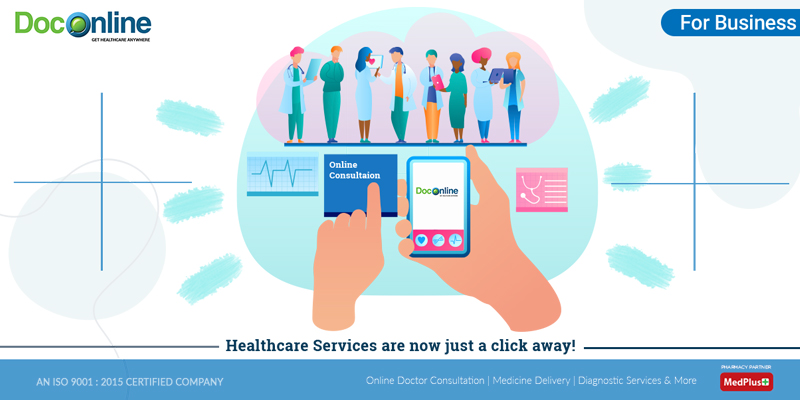Why Subscription Based Healthcare is Acquiring Popularity Among Patients Today
Why Subscription Based Healthcare is Acquiring Popularity Among Patients Today
Blog Article
Browsing the Future of Medicine With Subscription-Based Medical Care Provider
As the healthcare market evolves, subscription-based services become a critical version assuring to reshape patient care shipment. With the potential to provide streamlined, affordable options through predictable pricing and tailored focus, these solutions stand at the leading edge of modern-day medical technology. As we consider their rise, one must consider the implications of integrating such systems right into existing medical care frameworks. What difficulties do they pose in regards to data protection and fair access, and exactly how might they redefine the patient-provider partnership? The answers to these concerns can essentially modify our strategy to healthcare.
Rise of Membership Medical Care
As healthcare systems all over the world face boosting stress from increasing costs and demand for solutions, the advent of subscription-based health care versions has actually become a transformative fad. This ingenious approach is interrupting typical healthcare distribution by providing a predictable, flat-rate settlement framework for medical services. Rooted in the concepts of concierge medication, subscription-based health care permits providers to concentrate on personalized client care while at the same time taking care of functional effectiveness.
The increasing consumer need for transparency and predictability in medical care expenses has actually driven the shift in the direction of this model. Subscription-based solutions frequently supply direct access to healthcare experts, which can lower the administrative worries associated with insurance coverage cases and compensations.
This design is acquiring traction among varied medical care providers, from primary care medical professionals to specialized centers, by aligning financial rewards with preventative and continual treatment. By shifting the emphasis from quantity to value-based treatment, registration medical care has the potential to improve the landscape, cultivating a more lasting and patient-centered strategy to health and wellness administration.
Advantages for People

Additionally, subscription-based services typically emphasize preventive treatment, motivating regular examinations and health screenings. This aggressive method can lead to very early discovery of health and wellness concerns, potentially enhancing results and minimizing long-term healthcare expenses for people. Furthermore, such models commonly use transparent prices, permitting individuals to better recognize their healthcare expenditures and stay clear of unforeseen clinical expenses.
The customized nature of subscription-based healthcare likewise improves client experience. Individuals can obtain customized medical care strategies that suit their certain needs, fostering a more patient-centric method.
Technology's Function in Makeover

Artificial knowledge (AI) plays an essential function in predictive analytics, assisting in early diagnosis and customized therapy plans. AI algorithms evaluate large datasets to recognize patterns that could be forgotten by human observation, thus improving scientific decision-making. Moreover, electronic health records (EHRs) enhance patient info administration, guaranteeing continuity and coherence of treatment throughout numerous solutions and companies.
Blockchain modern technology enhances data safety and security and privacy, vital for keeping client rely on digital systems. It enables secure and transparent deals of medical data, making certain that sensitive details stays safeguarded. With the assimilation of machine learning and AI, blockchain can automate intricate medical care processes, lowering administrative worries.
Challenges and Factors To Consider
While modern technology thrusts the capabilities of subscription-based health care solutions, it also introduces a collection of obstacles and factors to consider that have to be resolved to you could try here make sure successful implementation. One considerable challenge is the equitable ease of access of these services.
Data privacy and safety represent one more essential consideration. Subscription-based solutions frequently entail the collection and storage of vast quantities of personal wellness information. Service providers should follow rigid information security guidelines to keep patient trust and avoid unauthorized gain access to, which can bring about substantial honest and lawful repercussions.
Additionally, the sustainability of membership versions presents an obstacle. As healthcare requires develop, maintaining a cost-effective balance between subscription charges and service quality is essential to stop patient dissatisfaction and attrition. Furthermore, incorporating these solutions within traditional health care systems requires seamless interoperability between systems, which is frequently a facility and resource-intensive undertaking. Attending to these obstacles is vital as subscription-based health care solutions remain to evolve and broaden.
Future Implications for Medicine
Subscription-based healthcare solutions are positioned to dramatically influence the future landscape of medicine by improving just how treatment is accessed and provided. These designs supply the potential to democratize medical care accessibility, supplying people with more individualized and timely treatments. By leveraging technology, such as telemedicine and information analytics, membership solutions can help with continual tracking and tailored health and wellness monitoring, hence improving end results and decreasing the burden on standard medical care systems.
As these solutions gain traction, see page they could stimulate a change in the direction of preventative care, stressing the relevance of early discovery and management of persistent problems. This proactive strategy may ultimately reduce health care prices by alleviating the need for pricey therapies emerging from late-stage condition management. Additionally, subscription versions supply a scalable remedy to resolve variations in medical care gain access to, specifically in underserved or rural populaces.
Nonetheless, the shift in the direction of subscription-based models necessitates dealing with ethical and regulative factors to consider, including data privacy and equitable access. As the industry develops, collective efforts in between policymakers, innovation designers, and doctor will certainly be important to establishing durable frameworks that safeguard individual interests while fostering innovation. Ultimately, these solutions assure to add considerably to a much more efficient, patient-centered health care ecological community.

Final Thought
Subscription-based medical care services stand for a considerable advancement in the medical area, using predictable prices and individualized treatment that improve accessibility and focus on safety nets. Technical improvements, such as telemedicine and AI-driven analytics, promote tailored patient experiences, enhancing overall wellness results. Difficulties such as data privacy and equitable accessibility need to be dealt with to make sure the extensive benefits of these solutions. As the healthcare landscape progresses, why not try this out membership models are poised to play an important role in forming the future of medication.
As the medical care sector advances, subscription-based services arise as a crucial design promising to reshape patient treatment distribution.As medical care systems around the globe face enhancing stress from increasing prices and demand for services, the development of subscription-based health care designs has actually arised as a transformative trend (subscription based healthcare).With the increase of subscription-based healthcare versions reshaping standard medical care delivery, people are beginning to experience significant advantages from this ingenious technique. As health care needs develop, keeping an affordable equilibrium in between membership costs and solution quality is essential to avoid client discontentment and attrition.Subscription-based healthcare solutions are poised to substantially influence the future landscape of medicine by improving how care is accessed and supplied
Report this page